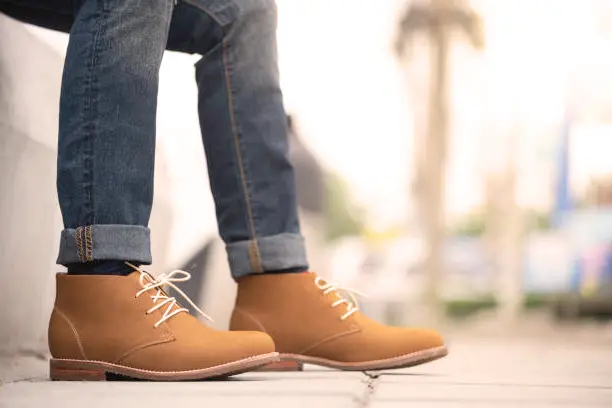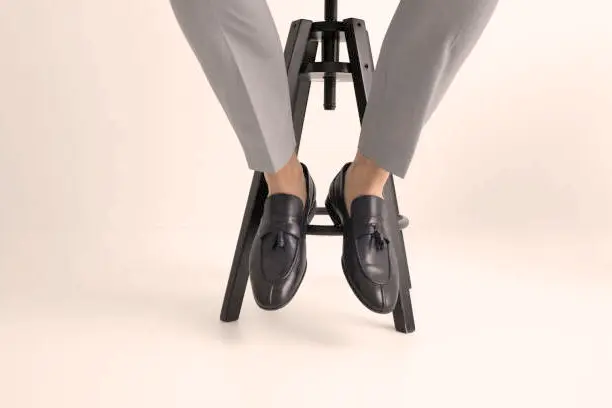
The Rise of Sustainable Footwear: Redefining Fashion with Eco-Friendly Shoes
- Admin
In recent years, there has been a growing movement towards sustainable fashion, and footwear is no exception. This article explores the rise of sustainable footwear, examining the environmental and ethical considerations driving this trend and highlighting innovative approaches to eco-friendly shoe design.
Environmental Impact of Traditional Footwear:
Traditional footwear production often involves the use of harmful chemicals, excessive water consumption, and carbon emissions, contributing to environmental degradation and climate change. Additionally, the disposal of worn-out shoes further exacerbates the problem, with many ending up in landfills where they can take years to decompose.
Embracing Sustainable Materials and Practices:
Sustainable footwear brands are pioneering new approaches to shoe design by prioritizing eco-friendly materials and manufacturing processes. These brands utilize materials such as organic cotton, recycled polyester, and plant-based leathers, which have lower environmental impacts and reduce reliance on finite resources.
Circular Economy and Closed-Loop Systems:
Another key aspect of sustainable footwear is the adoption of circular economy principles, which aim to minimize waste and maximize resource efficiency. Brands are implementing closed-loop systems, where shoes are designed for durability, repairability, and eventual recycling or upcycling at the end of their life cycle.
Ethical Considerations and Fair Labor Practices:
In addition to environmental concerns, sustainable footwear brands prioritize fair labor practices and ethical supply chains. This includes ensuring safe working conditions, fair wages, and transparent sourcing of materials, fostering a culture of social responsibility and accountability within the industry.
Consumer Awareness and Demand for Sustainability:
As consumers become more aware of the environmental and social impacts of fashion, there is a growing demand for sustainable footwear options. Conscious consumers are seeking out brands that align with their values and are willing to pay a premium for products that prioritize sustainability and ethical practices.
The Future of Sustainable Footwear:
The rise of sustainable footwear represents a significant shift in the fashion industry towards more responsible and environmentally conscious practices. As awareness continues to grow and technology advances, we can expect to see further innovation in sustainable shoe design, ultimately paving the way for a greener and more sustainable future.
Conclusion:
In conclusion, the rise of sustainable footwear is reshaping the fashion industry, challenging traditional norms and paving the way for a more sustainable future. By embracing eco-friendly materials, circular economy principles, and ethical practices, sustainable footwear brands are leading the way towards a more environmentally conscious and socially responsible footwear industry.
Description:
Explore the transformative impact of sustainable footwear in this enlightening article, uncovering how eco-friendly materials, ethical practices, and circular economy principles are redefining fashion and paving the way for a more sustainable future. Learn about the environmental and social considerations driving this trend and the innovative approaches to eco-friendly shoe design.
